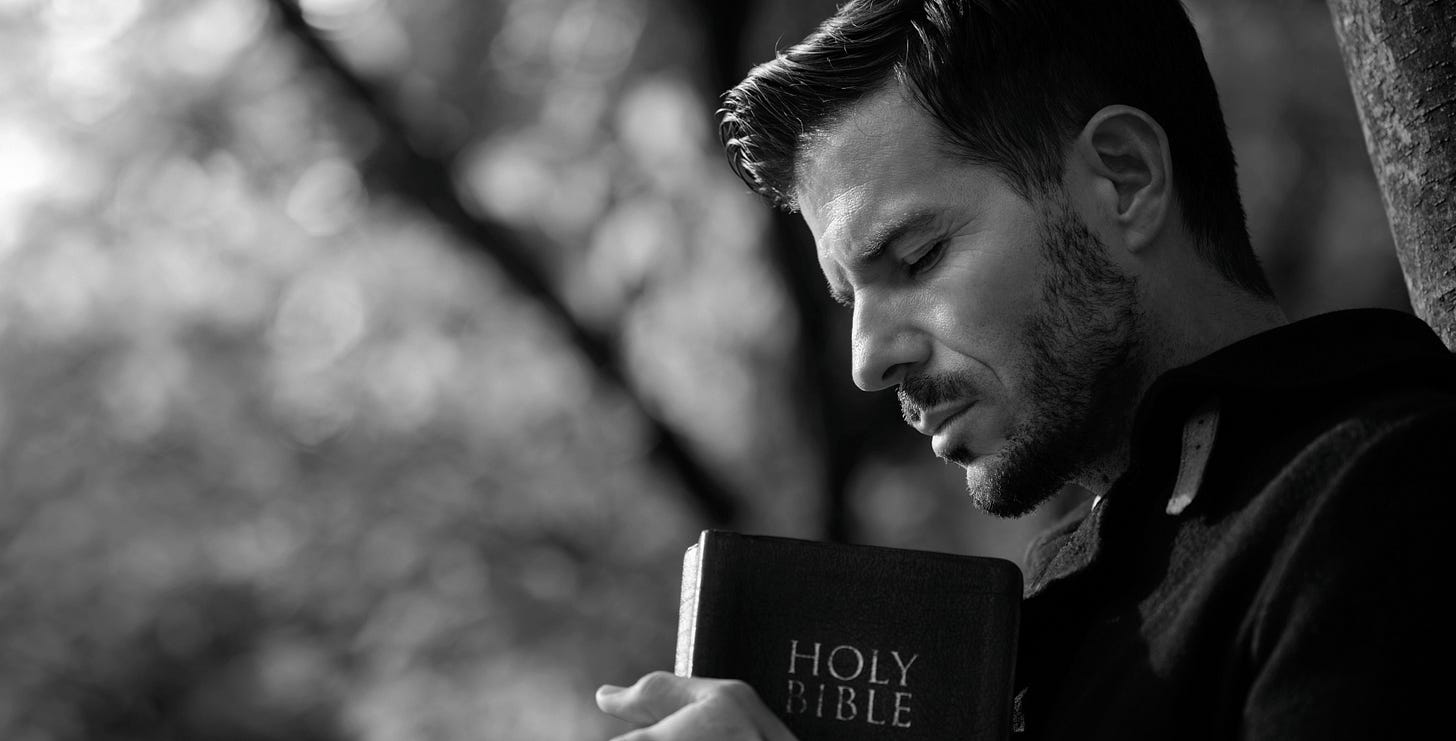Whenever someone teaches that God's grace covers the sins of believers, even those not confessed in the moment, someone will inevitably push back with this objection:
“If grace covers everything, what’s stopping people from just sinning freely? Isn’t that dangerous? Doesn’t that turn grace into a license for sin?”
It’s a fair question. In fact, Paul anticipated it nearly 2,000 years ago:
“What should we say then? Should we continue in sin so that grace may multiply?
Absolutely not! How can we who died to sin still live in it?”
(Romans 6:1–2, CSB)
Let’s break this down. Because the gospel of grace does not make sin safe, it makes holiness possible.
Grace Doesn’t Excuse Sin—It Changes Our Relationship With It
Those who argue that continual cleansing is too lenient often assume that people will abuse it. But that’s a misunderstanding of grace itself.
Here’s what Paul actually says grace does:
“For the grace of God has appeared, bringing salvation for all people, instructing us to deny godlessness and worldly lusts, and to live in a sensible, righteous, and godly way in the present age.”
(Titus 2:11–12, CSB)
Grace is not a free pass to indulge in sin. It’s the power that teaches us to refuse it.
Grace doesn’t make you careless. It makes you grateful. And that gratitude produces a deeper obedience than law ever could.
The False Security of Legalism
Here’s what’s truly dangerous: a works-based religion that claims we can maintain salvation by sheer willpower, perfect repentance, or flawless memory.
That system either breaks people with guilt and fear, or breeds hypocrisy in those who pretend they’re measuring up.
And it ultimately leads to this spiritual rollercoaster:
“I sinned…. am I lost?”
“Did I confess that one fast enough?”
“What if I forgot something yesterday?”
That is not the abundant life Jesus came to bring (John 10:10). It’s spiritual anxiety disguised as righteousness.
“But Don’t We Still Have to Obey?”
Yes, obedience matters. Deeply.
Jesus said, “If you love me, you will keep my commands” (John 14:15, CSB).
James said faith without works is dead ( (James 2:17).
John said we show we know God by walking as Jesus walked (1 John 2:3–6).
But here’s the key distinction:
Obedience is not the basis of our salvation, it is the evidence of it.
We do not obey to earn God’s favor, but because we’ve already received it. We repent not because we’re terrified of condemnation, but because grace changes what we want. The Holy Spirit sanctifies us from the inside out.
So What Happens When I Sin?
You grieve it.
You confess it.
You turn from it.
But you don’t fall out of grace every time you stumble. If that were true, no one would be saved.
“If we say, ‘We have no sin,’ we are deceiving ourselves, and the truth is not in us.”
(1 John 1:8, CSB)“But if anyone does sin, we have an advocate with the Father—Jesus Christ the righteous one. He himself is the atoning sacrifice for our sins…”
(1 John 2:1–2, CSB)
Christ’s blood doesn’t give us permission to sin, it gives us power to fight it.
Grace Produces the Kind of Obedience Legalism Never Can
If someone hears about the continual cleansing of Christ and says, “Great, now I can sin as much as I want,” then they never knew Christ to begin with.
But if someone hears of that cleansing and says, “Thank You, Lord, help me to walk worthy of this grace,” then they understand the gospel.
The person who’s truly saved by grace doesn’t use it as a license to sin.
They use it as fuel to pursue holiness.
Final Word
Grace is not dangerous. Misunderstanding grace is.
Grace doesn’t minimize sin. It reveals just how serious sin is, so serious that Jesus had to die to defeat it. But it also shows that we can never defeat it on our own.
So no, grace is not a license to sin.
It’s the power that keeps you getting back up.
It’s the promise that Jesus doesn’t let go when you fall.
It’s the reason you can keep growing, even while you're still imperfect.
And it’s the reason why you can answer the question “Are you saved right now?” with confidence.
“I am. Not because I’m perfect.
But because He is.”





So good, Matthew.